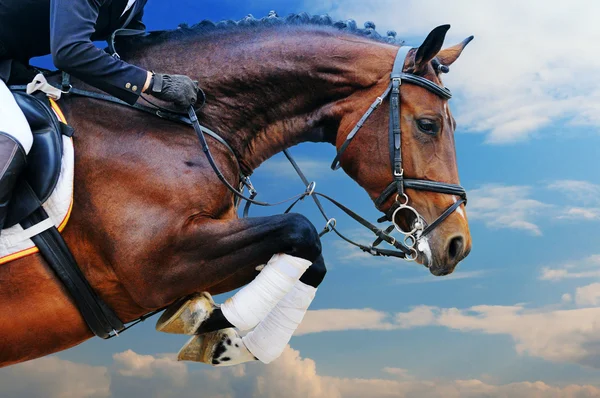The Psychology of a Show Jumping Horse
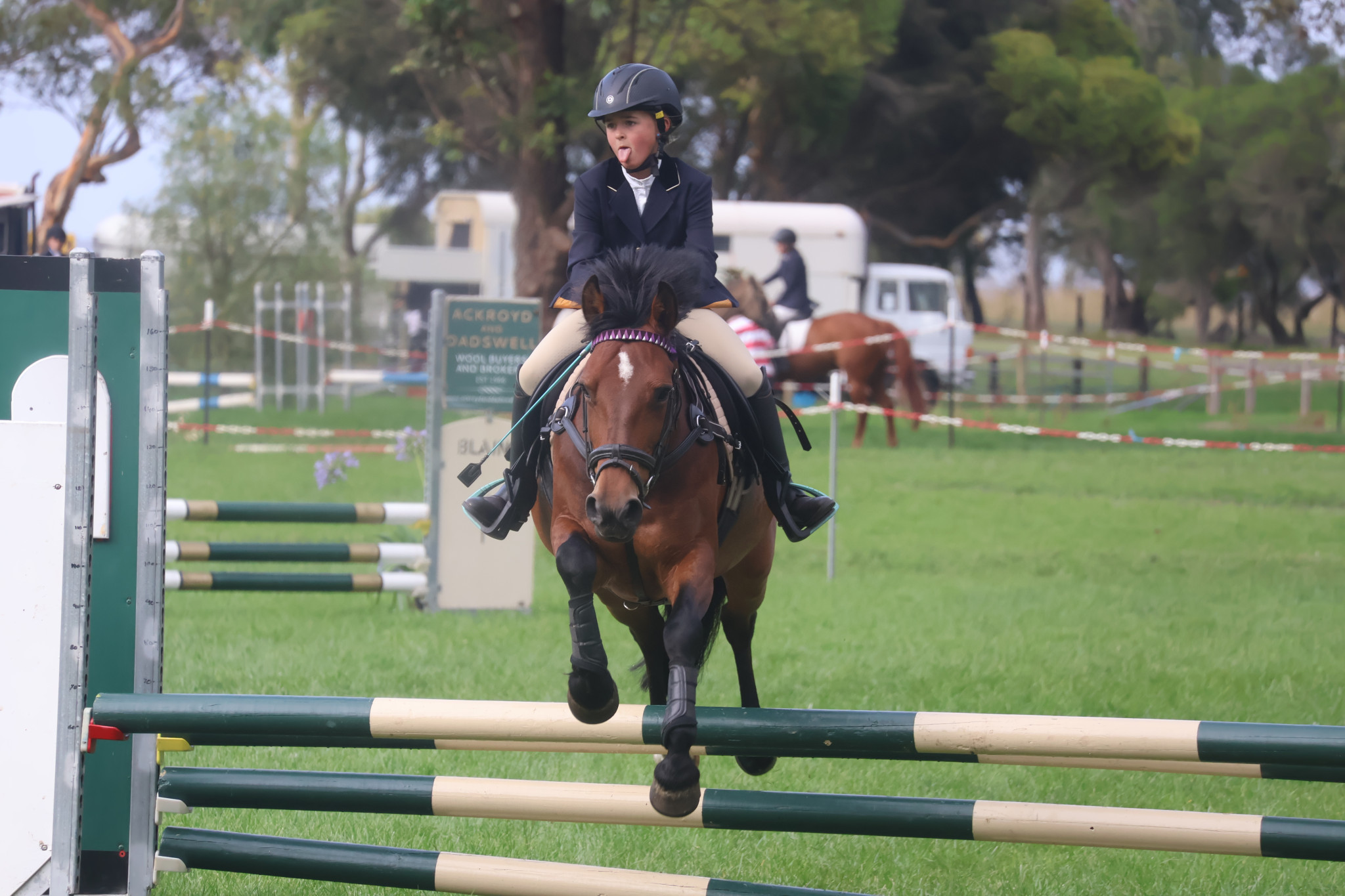
Show jumping is a thrilling equestrian sport that demands not only physical skill but also a deep psychological connection between horse and rider. Understanding the psychology of a show jumping horse is essential for trainers, riders, and enthusiasts who want to optimize performance and ensure the well-being of these remarkable animals.
Understanding the Mind of a Show Jumping Horse
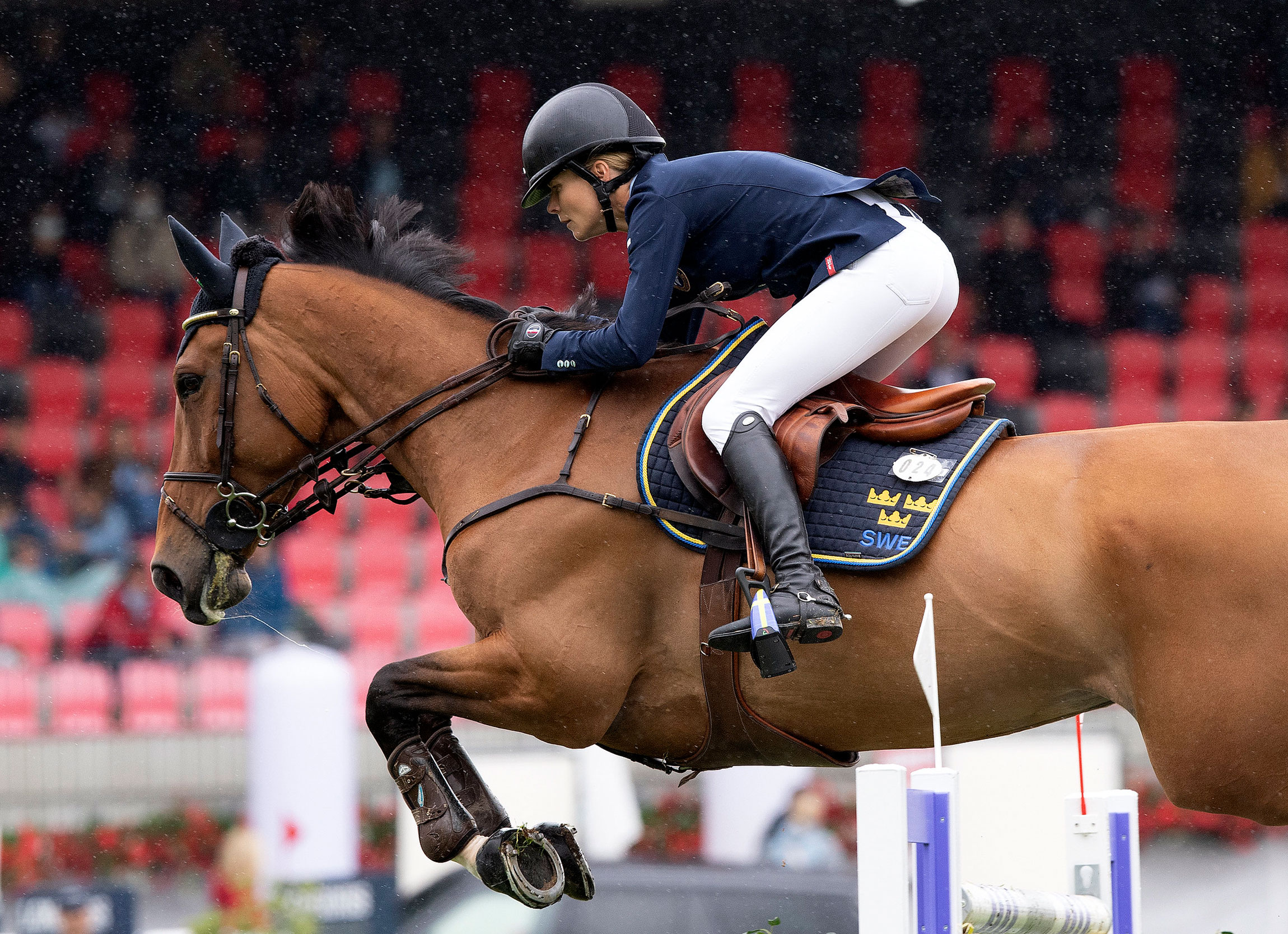
Show jumping horses are highly intelligent and sensitive creatures. Their behavior is influenced by a combination of genetics, training, environment, and the rider’s cues. Recognizing how these factors interplay helps in developing effective training methods and building trust.
Key Psychological Traits
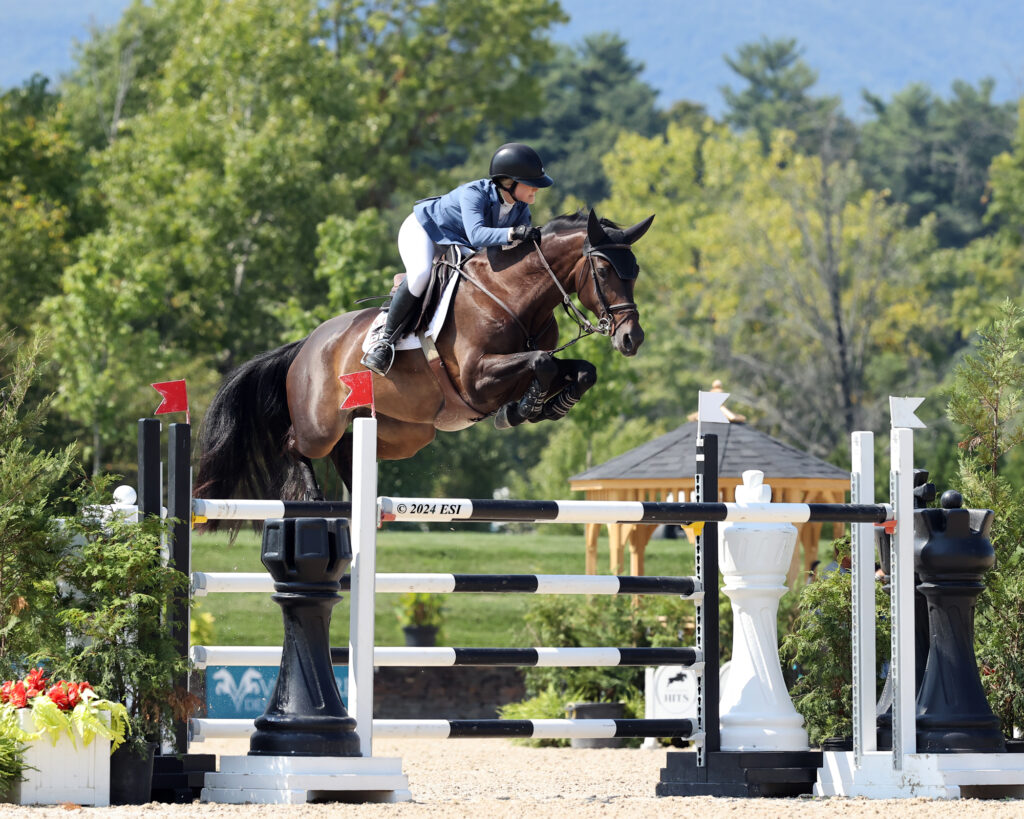
| Trait | Description | Impact on Performance |
|---|---|---|
| Sensitivity | Ability to perceive subtle cues from the rider and environment | Enhances responsiveness and agility |
| Confidence | Trust in their own abilities and the rider’s guidance | Reduces hesitation and refusals |
| Focus | Concentration on the task despite distractions | Improves accuracy and timing |
| Calmness | Ability to remain composed under pressure | Prevents anxiety and erratic behavior |
Training Techniques to Support Psychological Health
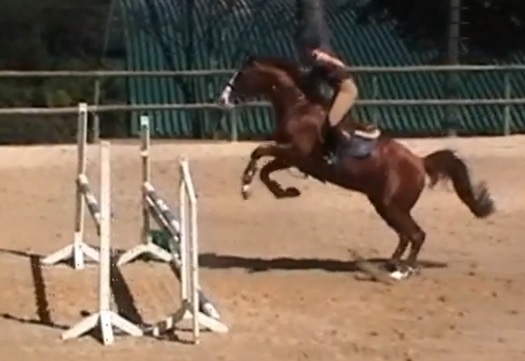
- Positive Reinforcement: Rewarding desired behaviors to encourage repetition.
- Consistent Routine: Establishing predictable patterns to reduce stress.
- Desensitization: Gradually exposing horses to various stimuli to build confidence.
- Mental Rest: Incorporating breaks to prevent burnout and maintain enthusiasm.
The Role of Rider-Horse Communication
Effective communication is crucial. Horses read body language, tone of voice, and subtle shifts in weight. Riders who develop a clear, calm, and consistent communication style foster better cooperation and performance.
Common Psychological Challenges
- Fear and Anxiety: Can lead to refusals or erratic jumping.
- Frustration: May cause resistance or aggression.
- Overexcitement: Can result in loss of control.
Addressing these challenges requires patience, understanding, and tailored training approaches.
FAQ
Q1: How can I tell if my show jumping horse is stressed?
A1: Signs include tail swishing, pinned ears, excessive sweating, and refusal to jump.
Q2: What are the best ways to build a horse’s confidence?
A2: Gradual exposure to obstacles, positive reinforcement, and consistent training routines help build confidence.
Q3: How important is the rider’s mindset in influencing the horse?
A3: Extremely important; horses are sensitive to rider emotions and can mirror anxiety or calmness.
Q4: Can psychological training improve a horse’s jumping performance?
A4: Yes, mental conditioning complements physical training and enhances overall performance.
By understanding and nurturing the psychological aspects of show jumping horses, riders can create a harmonious partnership that leads to success and enjoyment in the sport.
